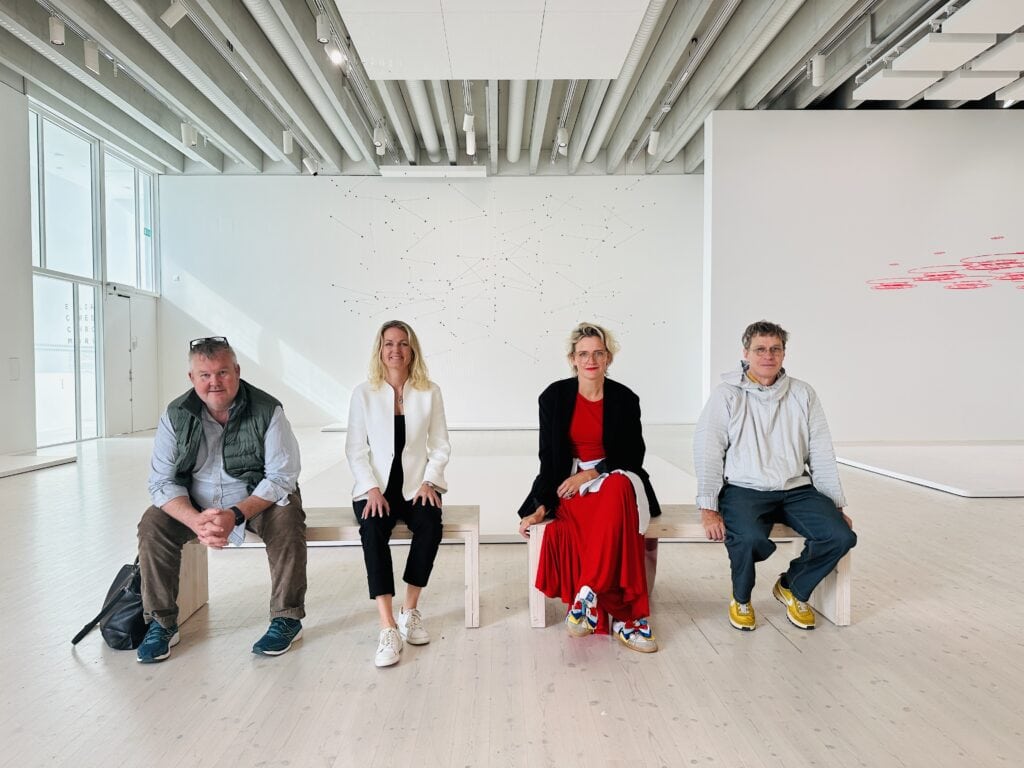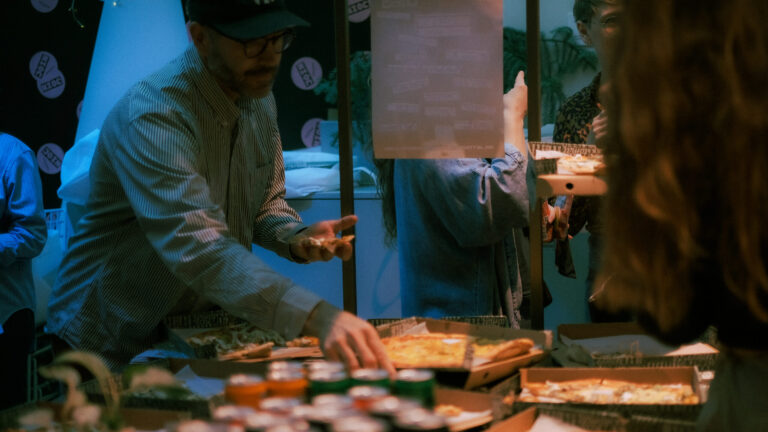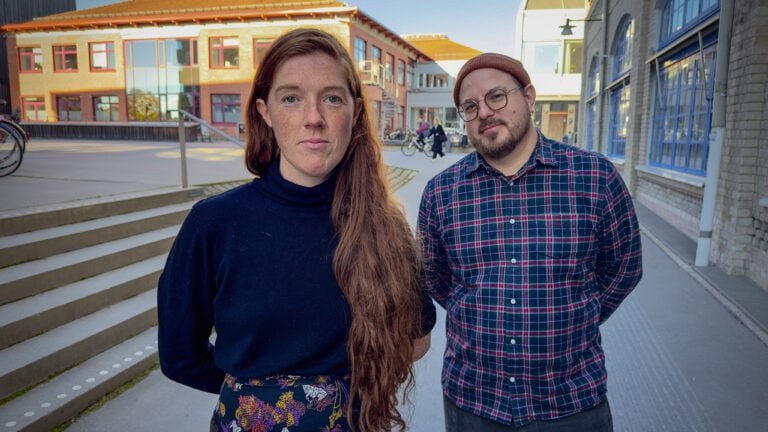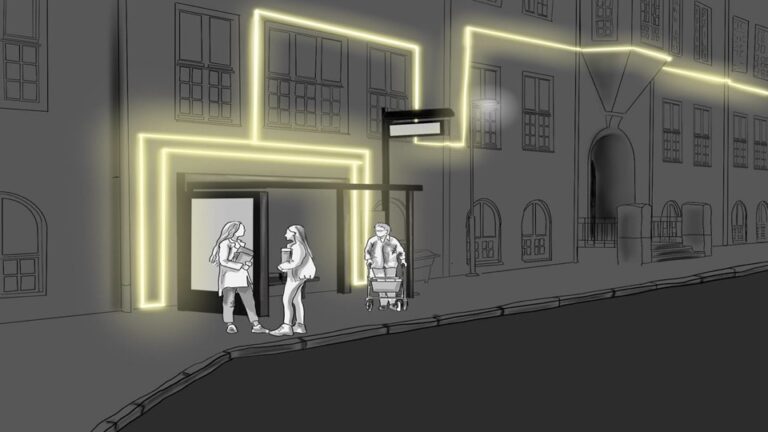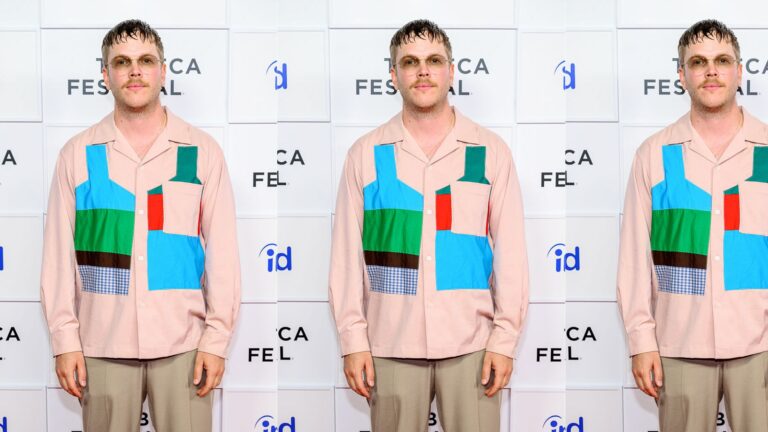The eXpressions Industry Council gathered to discuss how creative sectors are evolving in a time of rapid change and uncertainty. In particular, the conversation centred on the increasing importance of the organic and the human, while new technologies create both challenges and opportunities.
Many industries are moving towards a deeper appreciation of processes and craftsmanship. That's the view of the eXpression Industry Council, which met in Umeå on Monday.
Seeing something emerge and experiencing it in real life is central at a time when digital technologies, such as AI and AR, are changing the way these experiences can be delivered.
Uniqueness and authenticity are becoming increasingly important in a world where standardised solutions dominate. I see a growing desire for the genuine, both in flavour and experience," says Mathias Dahlgren.
Both Anna Lidström, textiles and fashion, and Sara Sandström, art, highlighted similar movements in their fields.
Sara said that the forest and the earth are common recurring themes and that artists from minorities and other groups characterised by exclusion are given more space.
There is a kind of sense of revenge in the art world, of giving back to those who have previously been pushed aside. And we see a clear theme around forests and organic materials. But at the same time, digital and new technology are present. One does not exclude the other, says Sara Sandström.
The conversation centred a lot on balancing technological innovations with preserving and enhancing the human element in creation and experiences. But also about the need to innovate around business models and sustainability, which are real, and not just look good.
We have an abundance of textile raw materials and there is a great need for new creative solutions. To meet the challenge, we need to move beyond technical and chemical product development at the fibre and material level, and instead focus on design methods that can handle an unpredictable textile flow. The big challenge is to find profitability," says Anna Lidström.
Overall, it describes a time that involves a lot of uncertainty and important choices. Economic issues tend to trump sustainability and, in general, there is a lot of hesitation across many industries. The architectural industry is no exception.
I still find it exciting to work right now, when so much is at stake. It's quite segregated in my industry, where the big ones are getting bigger and the smaller ones are struggling. It's as if many are waiting to see what will happen next," says Ola Rune.
